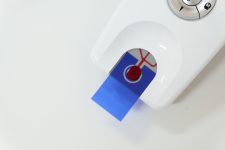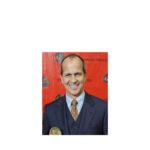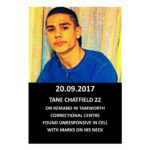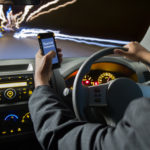Police Announce Massive Increase in Roadside Drug Testing

According to NSW Police, the number of motorists driving with drugs in their system is on the rise, with one in six drivers tested for drugs returning positive results in June and July this year.
This has led police to promise a massive increase in roadside drug testing (RDT), with 100,000 tests to be administered annually in NSW by the year 2017. Currently, police conduct an average of 32,000 tests each year.
But while police say it’s a matter of road safety, some have questioned the fairness and effectiveness of RDT altogether.
Roadside Drug Testing Set to Expand
Even if you regularly drive the streets of Sydney, it is unlikely that you will have stumbled across an RDT operation.
The reason?
While random breath testing (RBT) is commonplace across the state, the RDT home command is in Western Sydney – and due to matters of efficiency, such tests are currently ‘centralised’ in that area.
But according to RDT Commander Steve Blair, the police force is set to decentralise random drug testing, enabling highway patrol and general police to carry out RDT across the state.
Mr Blair has been quick to remind motorists that unlike RBTs, which provide a blood alcohol concentration (BAC) reading, drug tests simply detect the presence of a drug – meaning that you can be caught and charged with drug driving even if you are no longer ‘under the influence’ of the drug at the time; including if you took drugs days earlier.
Those who return a positive reading are automatically suspended from driving for 24 hours. The sample is then sent off to a lab to verify. If it comes back as positive, a court attendance notice is issued and the case goes to to court.
The offence of drug driving carries a maximum penalty of $1,100 and an ‘automatic’ period of disqualification of six months, which can be reduced to a minimum of three months if there are good reasons to do so.
If you are convicted of a second or subsequent offence, there is a higher maximum penalty of $2,200 and a 12 month disqualification period, which can be reduced to six months. Both offences come with a criminal conviction.
However, a good lawyer may be able to help you to avoid a criminal conviction and licence disqualification altogether by convincing the magistrate to grant a ‘section 10 dismissal or conditional release order‘.
Effectiveness of RDT
Police argue that RDT saves lives, citing figures which suggest that 11% of fatal accidents in NSW involve drivers with drugs in their system.
But others are not so convinced. Greens MP David Shoebridge, for instance, believes that random drug testing is unfair because it only detects the presence of drugs, not the amount.
Mr Shoebridge argues that the harsh ramifications associated with drug driving – including criminal convictions and lengthy disqualifications – cause people to suffer grave injustices ‘when there was no evidence they were a danger to other road users.’
This is particularly problematic in rural areas, where access to public transport may be extremely limited or non-existent.
Then there is the cost associated with increased drug testing: the rollout is expected to cost the government $6 million across four years.
Criminal defence lawyers have voiced concerns that increased drug testing could further clog up the already overstretched court system, with many courtrooms across the state bursting with people charged with drink driving and other traffic offences.
And some have pointed out that the Australian approach is inconsistent with more sensible approaches taken in other countries, such as the UK, where the concentration of drugs of drugs is detected, rather than just the presence.
In the UK, the law allows for the presence of very low levels of common drugs including cannabis, ecstasy, and cocaine – meaning that unlike Australian drivers, UK motorists are less likely to be prosecuted when they are no longer under the influence.
Going to court for a traffic offence?
If you are going to court for a traffic offence, call or email Sydney Criminal Lawyers anytime to arrange a free first consultation with an experienced, specialist traffic lawyer who will accurately advise you of your options, the best way forward, and fight for the optimal outcome in your specific situation.






